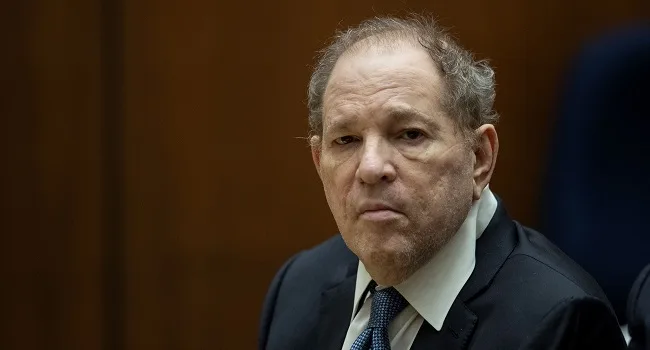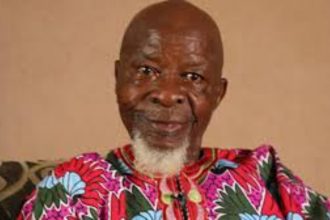The highest court in New York reversed Harvey Weinstein’s conviction on sex crime charges from 2020. This decision came as a surprise and is a significant development in one of the most prominent cases of the #MeToo movement.
Tarana Burke
The Court of Appeals, in a 4-3 decision, ruled that the trial judge erred by allowing testimony from women not mentioned in the charges against Weinstein, leading to a retrial being ordered. This ruling, however, does not impact a separate 16-year rape sentence imposed in California in 2022, meaning the once-powerful Hollywood figure will stay in prison.
Judge Jenny Rivera stressed that the accused should only be held responsible for the specific crime charged, not for any prior misconduct, as it cannot demonstrate a pattern of criminal behavior.
Explosive accusations emerged against the Academy Award-winning producer in 2017, sparking the #MeToo movement, empowering women to speak out against workplace sexual violence.
Weinstein, 72, was convicted in a New York court in February 2020 for the rape and sexual assault of ex-actress Jessica Mann in 2013 and for forcibly performing oral sex on former production assistant Mimi Haleyi in 2006. He was later sentenced to 23 years in prison.
The Silence Breakers, a group of women who united to report Weinstein’s misconduct, stated, “The news today is not only disheartening but profoundly unjust. This ruling does not diminish the validity of our experiences or our truth; it’s simply a setback.”
Weinstein was also convicted in a Los Angeles court and received an additional 16-year prison sentence for raping a woman in a Beverly Hills hotel room. Originally, this sentence was to be served after his New York sentence.
Weinstein’s conviction in New York led to a civil trial awarding $17 million to numerous women who accused the former movie mogul of abuse.
Weinstein is not the first prominent figure convicted post-#MeToo to have his conviction overturned. Comedian Bill Cosby, found guilty in 2018 of drugging and assaulting a woman, was released after Pennsylvania’s supreme court determined he was denied a fair trial.
Judge Madeline Singas, dissenting against the decision, criticized the Court of Appeals for neglecting the emotional toll on sexual violence survivors and the difficulties they face in testifying repeatedly.
The decision to overturn the conviction was based on the trial judge allowing prosecutors to use “Molineux witnesses,” who testified about their experiences despite not being part of the charges against the defendant, in a departure from standard evidence rules.
Attorney Douglas Wigdor, representing two such witnesses, lamented the outcome, stating that the victims would now have to endure another trial due to the verdict being overturned.
Before the allegations surfaced, Weinstein and his brother Bob wielded significant influence in Hollywood. They co-founded Miramax Films in 1979, which was later sold to Disney in 1993. Their productions, including “Shakespeare in Love” in 1998, garnered numerous Oscar nominations and wins over the years.









